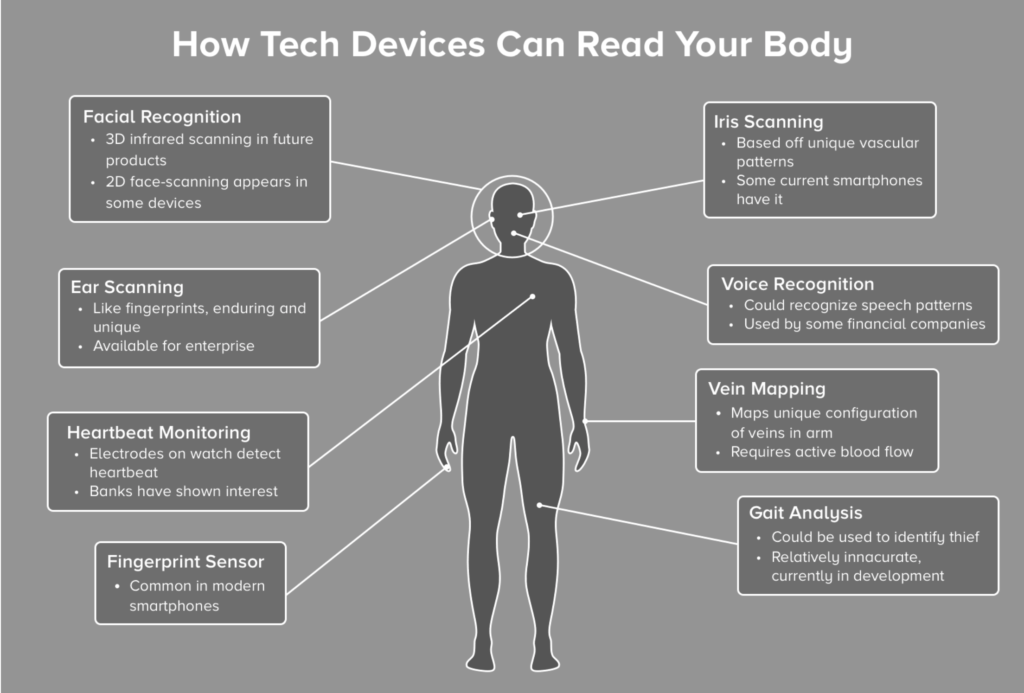Brian Roemmele Advocates for Return to 1960s Medical Model, Citing Compounding Pharmacy Era

Brian Roemmele, a prominent figure known as the "Oracle of Voice" and "Modern Day Thomas Edison" in technology circles, recently sparked discussion with a tweet advocating for a return to a 1960s medical system. Roemmele's social media post suggests a past era where "doctors were allowed to be doctors and partnered only with the local compounding pharmacist," asserting that "we were far healthier by all measure" during that time. He also alluded to a specific "movie" as a vision for the future, stating, "Watch this movie and see our future."The tweet highlights a perceived decline in doctor autonomy and the role of personalized medicine, contrasting it with the medical landscape of 1963. This period predates significant changes in pharmaceutical regulation and the standardization of drug manufacturing. The mid-20th century saw a more prevalent practice of compounding, where pharmacists prepared custom medications for individual patients based on a doctor's prescription.Historically, compounding pharmacists played a crucial role in tailoring medications to specific patient needs, such as adjusting dosages, removing allergens, or preparing drugs in different forms. This practice was widespread before the advent of mass-produced pharmaceuticals became the norm. The 1960s also represented a time when medical doctors often operated with greater independence, before the rise of large healthcare systems and managed care models.Roemmele's assertion that society was "far healthier by all measure" in 1963 invites a broader examination of public health data from that era. While medical advancements have significantly improved life expectancy and reduced mortality from many diseases since then, discussions around the quality of care, patient-doctor relationships, and the impact of personalized medicine continue to evolve. His vision suggests a re-evaluation of current healthcare structures in favor of a more localized and individualized approach.